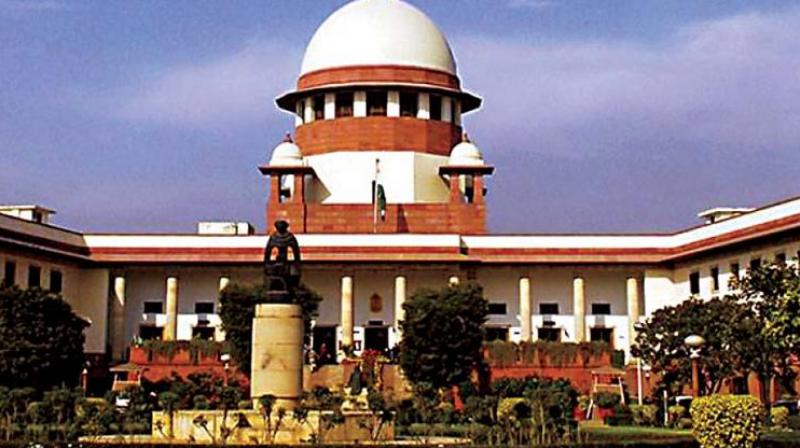Footpaths meant for pedestrians and vendors!, says Supreme Court
What we need to understand is that street vendors are an important part of our local economy.

Street vending has been in the news recently because of the eviction of vendors and the support this has received from some residents. But although people consider vending illegal, it is not as the Supreme Court has upheld the right to vend and in 2014, all political parties unanimously approved the Street Vendors (Protection of Livelihoods and Regulation of Street Vending) Act 2014, making vending a right.
While street vendors are always under fire for occupying footpaths it is a myth that they are only meant for pedestrians. Both the law and the Supreme Court make it clear that footpaths are meant for both pedestrians and vendors. But the vendors are not supposed to monopolise the pavements and leave enough room for pedestrians, which they usually do as they are among their biggest customers.
In fact, the Street Vendors' Act talks of a participatory system to ensure the rights of vendors are protected and street vending is regulated, through the formation of Town Vending Committees (TVC). But Bengaluru does not have a TVC because the state government has still not framed rules under the 2014 Act. It is this which is causing the forced evictions.
However, in the absence of the TVC, there can still be a dialogue between vendors, residents, police and the BBMP. Instead, the vendors are unilaterally evicted, which is against sections 3(3) and 18 of the Act.
What we need to understand is that street vendors are an important part of our local economy. They are hardworking, self-employed people, who do not depend on the government for money or jobs. They ensure that the poor and middle class have access to goods and services at a low cost and their presence makes street safer as revealed in several studies and by the police too.
Vinay K Sreenivasa is an advocate, who works for street vendors’ rights

